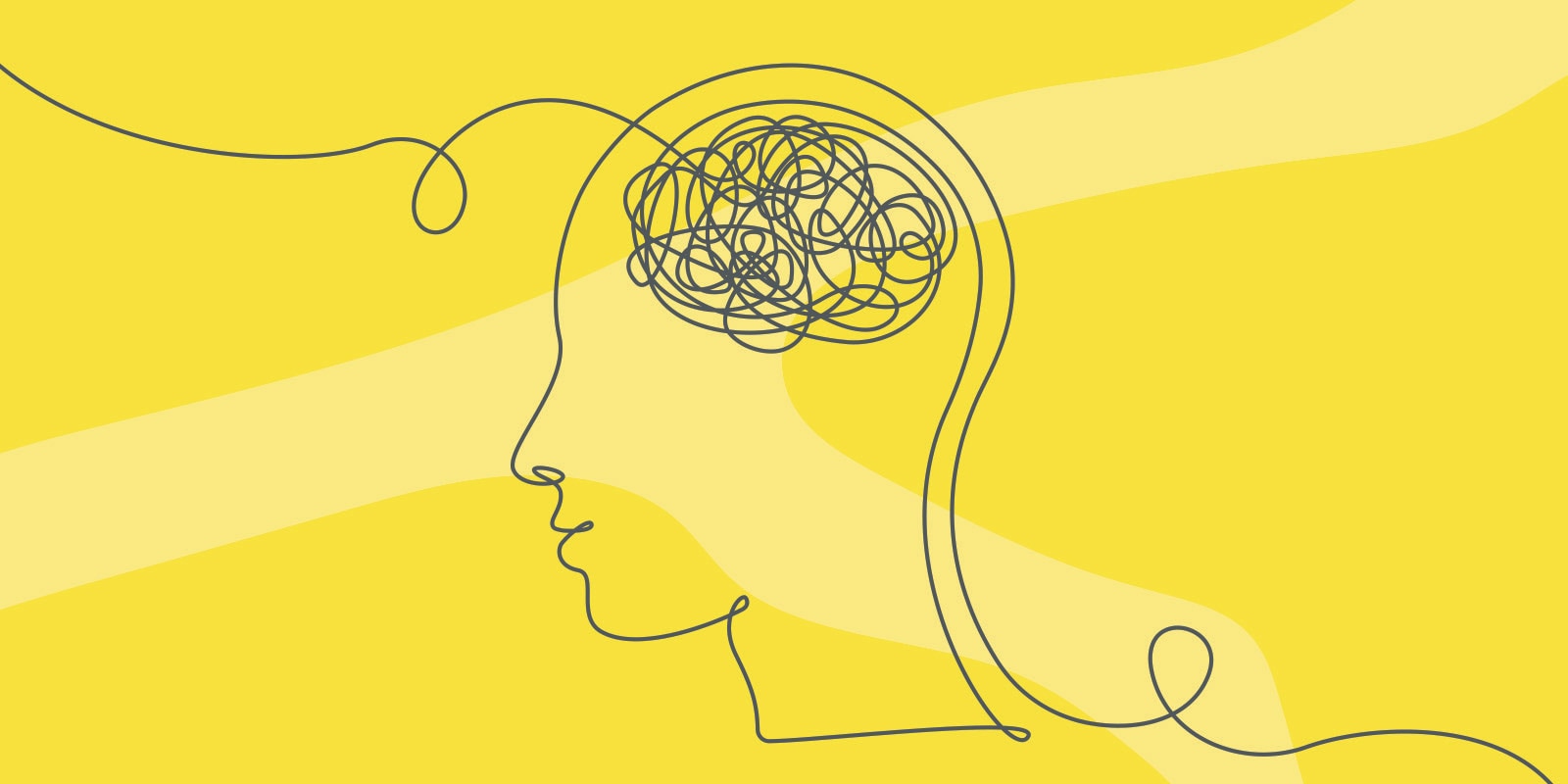Wrapping Up 2024: A Year in Content
by

As we near the end of the year, it’s the perfect time to reflect on the content we’ve shared with you throughout 2024. From thought-provoking articles to expert-led webinars, and everything in between, it’s been a year full of insights, inspiration, and impactful content that resonated with all of you.
Whether you missed a post or just want to relive some of our great content, we’ve got you covered with a round-up of everything you loved in 2024.
Read more






